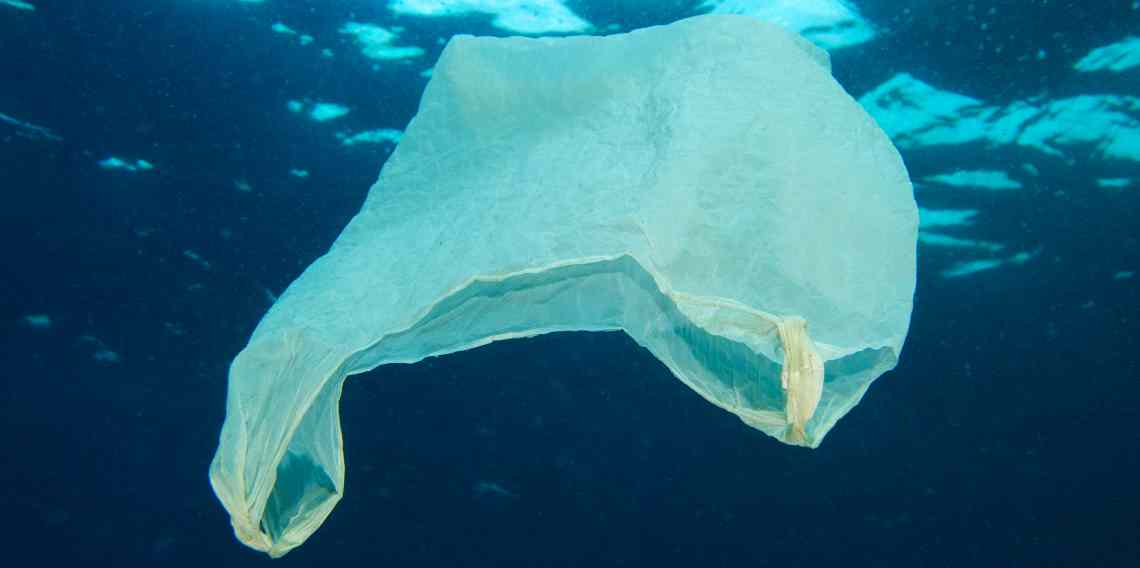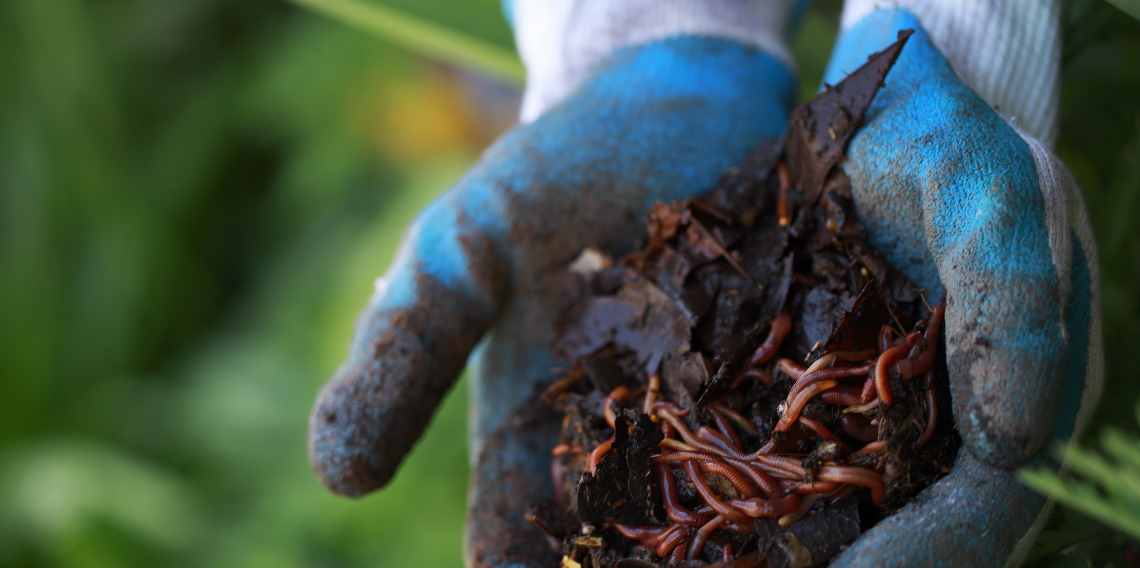We challenge you to refuse single-use plastic for a whole month. Go on – give it a go! You won’t be alone as thousands of other people from over 70 countries are also giving a plastic free lifestyle a go. The planet will thank you…and so will we.
The Age Of Plastic
Since its invention in the early 1900s, plastic has become such an integral part of the way we live that we hardly realise it’s there – in our phones, cars, clothes, books, kitchen appliances… the list goes on. Its durability and potential to be moulded into any shape imaginable has truly made it the material of our time.
In many cases we are unable to avoid buying it even if we try. However, there is one blindingly obvious way in which we can avoid buying it, and that is to avoid unnecessary plastic packaging.
Why should we avoid using Plastic?
It is estimated that more than 297 million tonnes of plastic was consumed worldwide in 2015 – that’s more than the weight of all people on earth combined!
If we break that down we find that 500 billion single-use plastic bags are made each year (that’s roughly 150 bags for every person on the planet), and more than 100 million plastic bottles are used worldwide every single day. Considering that a plastic bottle can take anywhere between 450 and 1000 years to decompose, this presents a monumental problem.
As you read this blog there are 269,000 tonnes of plastic floating on the surface of our oceans killing our beautiful birds and marine life, and almost the same amount in undetectable microfibres suffocating our sea floors. More locally you can see the garbage floating in our rivers and harbours, and the litter on our streets. Not to mention the offgassing we breathe in or eat through our plastic covered food.
So what can we do when plastic is everywhere?
As consumers we are the most powerful force in making change a reality. There are many ways in which we can reduce our plastic consumption and help fight plastic pollution that are simple, easy and often more affordable.
Here are a few easy tips for saying no to plastic:
- say no to drinking straws and disposable cutlery. It’s amazing how often we accept these thing without noticing, then just throw them in the bin!
- if you see plastic on the street, pick it up and put it in the nearest bin – you will look much cooler than the person who dropped it there.
- Say no to single-use plastic bags as often as you can. If each Australian family used 1 plastic bag less each week that would be 253 million bags less each year!
- avoid buying pre-bottled water by changing your mental list when you leave the house to: “Keys, wallet, phone, water bottle…”
Take a selfie!
Why not have a little fun while you’re at it by joining us at Alfalfa House in taking a Plastic Free Challenge Water Bottle Selfie!
Simply take a fun photo of you with your reusable water bottle and post it to facebook or instagram with a caption saying: “I’m taking @thePlasticFreeChallenge [be sure it’s a link], how about you?”
Keep your eye out for your friends here at Alfalfa House, we will have our silly selfies proudly up there too!
More information
You can find out more about the Plastic Free Challenge at http://www.plasticfreechallenge.org/
For more information about issues surrounding plastic consumption and pollution, try these links:


